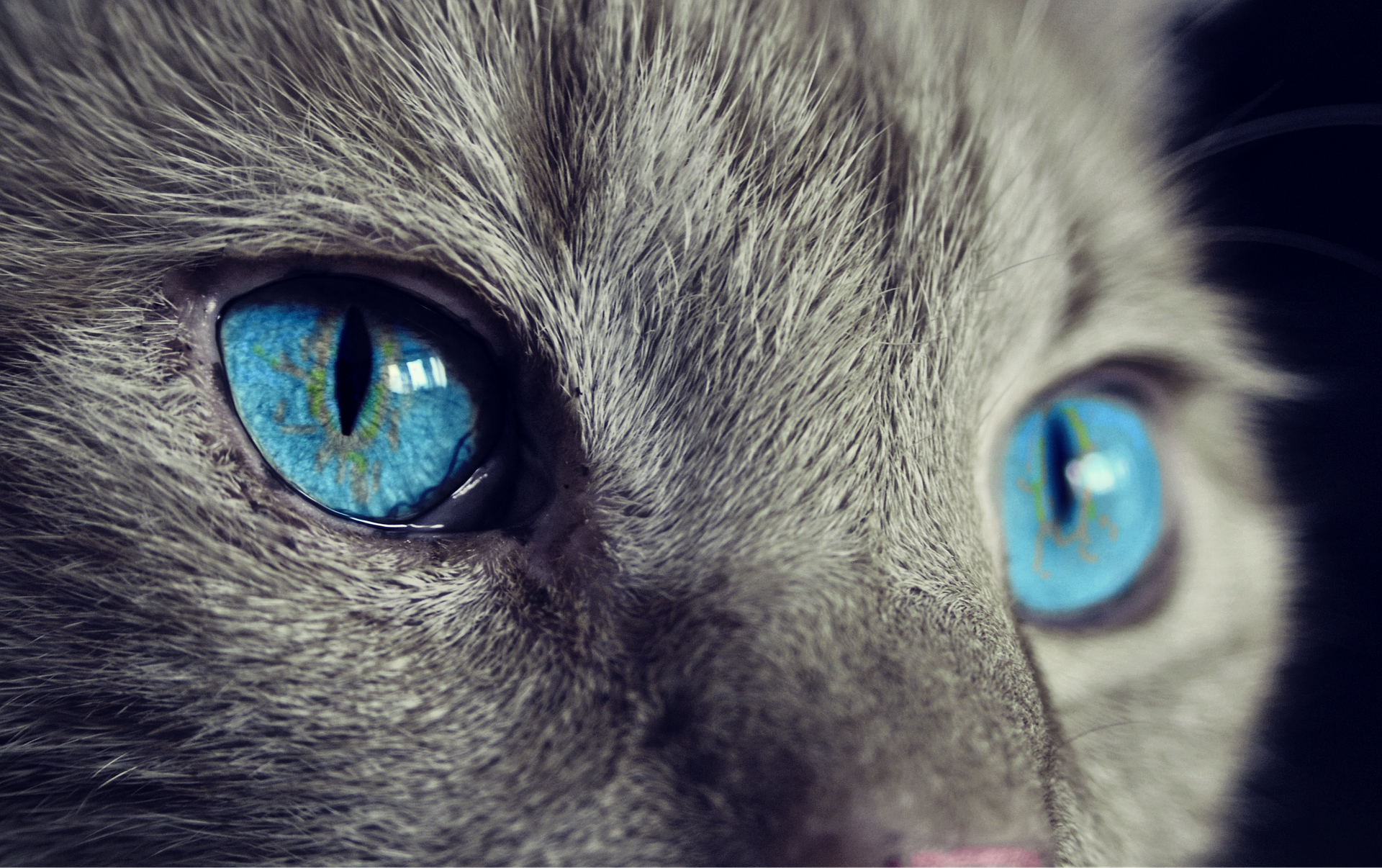
Cat Wellness
Cat Wellness Care in Dubuque, IA
Colonial Terrace Animal Hospital offers wellness packages that include everything your kitten will need during that first year. Kittens have different needs than adults, and our cat veterinary clinic understands that. As cats grow and their lifestyle is established, sometimes their vaccination needs may change.
Vaccinations (shots)
Kittens should start receiving their core vaccinations around the time they are weaned, usually 6-8 weeks of age. The first FVRCP (Feline Viral Rhinotracheitis, Calicivirus, Panleukopenia) vaccination is done at this time and should be repeated every 3-4 weeks until the kitten is at least 12 weeks old. This means some kittens will receive more boosters than others if they are weaned and started on the shots at an earlier age. The FVRCP should be boostered at a year, and then every three years as an adult.
The Rabies vaccination is done after 12 weeks of age, often with the last FVRCP vaccine. It should be boostered after a year, and then boostered every three years as an adult.
The FeLV (Feline Leukemia) vaccine is highly recommended for all kittens and adult cats who go outdoors who are at higher risk. This vaccine is administered as early as nine weeks, boostered once in 2-4 weeks (often with FVRCP boosters), and then should be given annually if your cat starts or continues to go outdoors on a regular basis.
FeLV / FIV Testing
FeLV (Feline Leukemia) is a retrovirus that can affect cats (only) and causes a range of diseases, like cancer, anemia, and increased susceptibility to infection. There is no cure, and it is eventually fatal. Cats that are affected can quickly spread it by nose-to-nose contact or sharing food/water bowls.
FIV (Feline Immunodeficiency Virus) is a retrovirus that affects only cats. It is similar to HIV in humans, and causes similar deterioration of the immune system, leading to death at a younger age. The majority of cases are transmitted by cat bites or in utero from cats to kittens.
It is recommended that any new cats or kittens be tested for these diseases by a quick 10-minute blood test. This is to both protect any other household cats from exposure and to be able to provide better medical for your cat.
Wellness Exams
Cats that are indoor only are only vaccinated every 2-3 years; sometimes it is easy for owners to decide that is the only time the cat should be examined. This is not in the best interests of the cat since cats naturally hide their illness. Often, early symptoms of a disease, like weight loss or excessive thirst, may go unnoticed to the owner who sees their pet every day. These early warning signs, along with common illnesses, like dental disease, are the things we are screening for in our annual cat wellness exams. If the illness is caught early, there are often more favorable options for treatment available. It is good practice to have your cat examined at least annually, even semi-annually for the cats over 12 years, to help detect diseases sooner.
Fecal Examinations are recommended to be done for your pet at least once a year to help identify intestinal parasites. Since our pets have a tendency to have their nose down to the ground, and often ingest many things, they shouldn’t, they are more likely to pick up harmful parasites. At least 90% of puppies and kittens are infected with at least one parasite, usually transmitted from their mother while nursing. Some of these parasites can be spread to us, so it is important when we share our home with our pets; we make sure they aren’t sharing their parasites with us!
Contact Our Cat Clinic Near You
Contact us or schedule an appointment to start prioritizing your cat’s wellness care!
Explore Our Complete List of Veterinary Services in Dubuque, IA
- House Calls
- Orthopedic Surgery
- Kitten Care
- Puppy Care
- Declawing Alternatives
- Adult Cat Wellness
- Internal Medicine
- Pet Loss
- Laser Therapy
- Ophthalmology
- After Hours Services
- Radiology
- Ultrasound
- Spay & Neuter
- Vaccinations
- Exotic Pets
- Wellness Exams
- Dental Care
- Surgery
- In-House Laboratory
- Senior Wellness
- Microchipping
